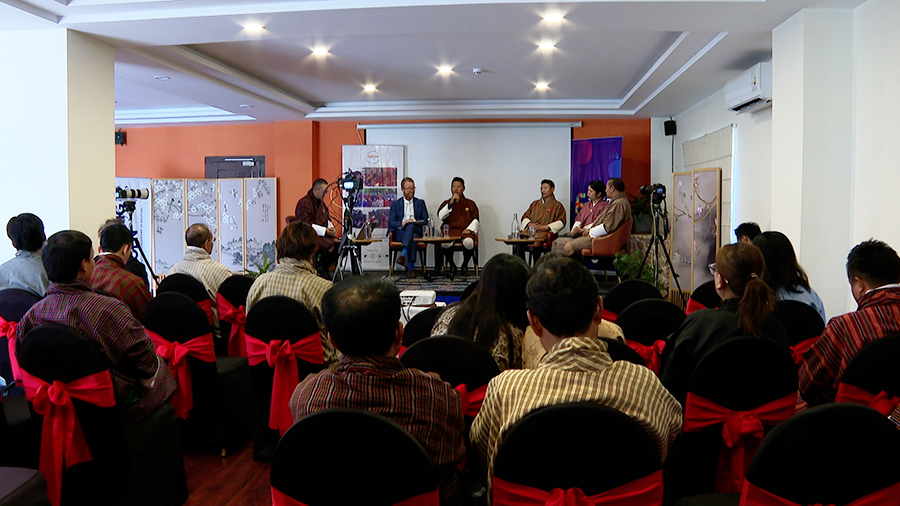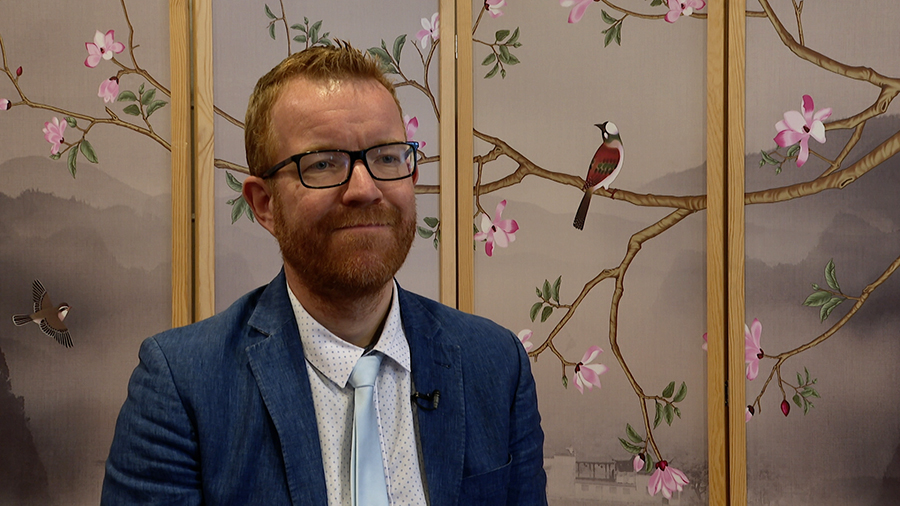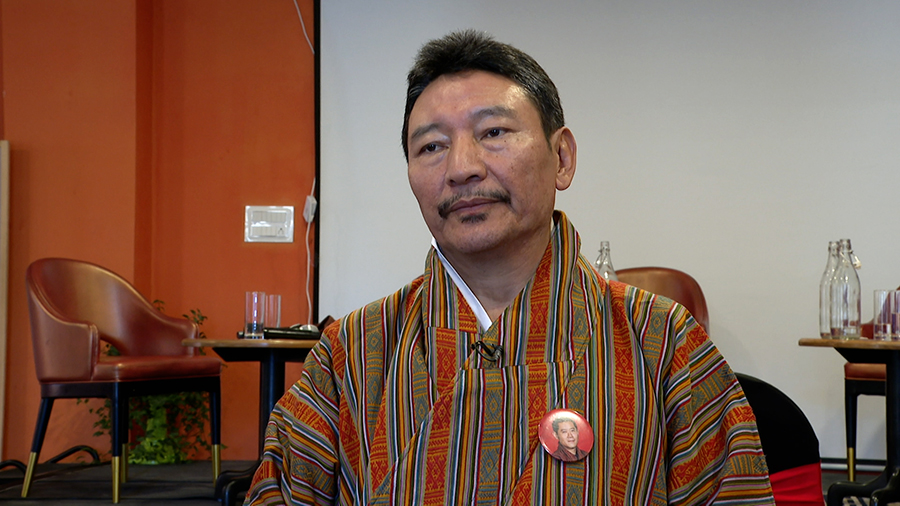
At the Loden Foundation’s Bhutan Socio-Economic Forum held in Thimphu today, experts and policymakers deliberated on the urgency of diversifying Bhutan’s economy and developing human capital. They also discussed on ensuring financial inclusion to achieve the country’s ambitious target of a USD 10bn GDP by 2034. Key discussions highlighted the limitations of Bhutan’s reliance on hydro-power, the need for private sector growth, and the potential of digital innovation to address pressing socio-economic challenges.
Bhutan’s dependence on hydro-power was a central topic of discussion in the forum. While the sector has been a significant contributor to national income and tax revenue, experts pointed out its limitations in job creation.
 Olaf Jan De Groot, Senior Economist of United Nations said “The problem with hydro is that it does not produce jobs. It produces jobs during the construction phase but once a hydro dam has been built, even though it produces income for the country and tax revenue, no new jobs are created. And what Bhutan needs at this stage is more jobs, jobs especially for young people and jobs for people who are looking at migrating. If we are looking to create jobs, hydro is not the way.”
Olaf Jan De Groot, Senior Economist of United Nations said “The problem with hydro is that it does not produce jobs. It produces jobs during the construction phase but once a hydro dam has been built, even though it produces income for the country and tax revenue, no new jobs are created. And what Bhutan needs at this stage is more jobs, jobs especially for young people and jobs for people who are looking at migrating. If we are looking to create jobs, hydro is not the way.”
Others shared the need to leverage hydro-power revenue and technical expertise to support other sectors.
 Kinga Tshering, Founder of the Institute of Happiness said “When you are investing in hydro-power, are you forgetting about all other sectors? If that is the case, then it is a problem. But on the other hand, we have to keep in mind how we leverage the revenue from hydro-power, the technical skills from hydro-power into other sectors, which will allow us to pay the 30,000 civil servants with the money from hydro-power.”
Kinga Tshering, Founder of the Institute of Happiness said “When you are investing in hydro-power, are you forgetting about all other sectors? If that is the case, then it is a problem. But on the other hand, we have to keep in mind how we leverage the revenue from hydro-power, the technical skills from hydro-power into other sectors, which will allow us to pay the 30,000 civil servants with the money from hydro-power.”
Limited financial access for private sector businesses, particularly small and medium enterprises, was identified as a significant barrier to private sector growth. The discussion called for targeted policies and improved access to affordable credit to improve economic dynamism.
Panellists also talked about the potential of digital innovation to create a diverse economy. However, participants shared that inclusivity must remain a cornerstone of such initiatives.
Olaf Jan De Groot said “I think that most of the programming we do is focused on inclusiveness. Inclusiveness in terms of rural areas, inclusiveness in ensuring women are also included and inclusiveness in terms of people with disabilities. We want to make sure people with disabilities truly form part of the economy and contribute as equal members of the society.”
Some of the panellists also talked about focusing on developing human capital of a country as opposed to focusing on individual sector development.
Kinga Tshering added “Rather than look at the usual economic sector, I would focus on human capital. Because if you can develop your human capital and provide them the skills, whether it is in digital technology, or A.I, knowledge sector or wellbeing and mindfulness or neuroscience or biochemistry, I think this is the area we really need to look forward to as we take a big leap or a visionary jump towards the future of Bhutan.”
The forum called for the need for collaboration among the government, private sector, and development partners to effectively implement road-maps. The forum was supported by the Asia Foundation.
Karma Samten Wangda
Edited by Kipchu








